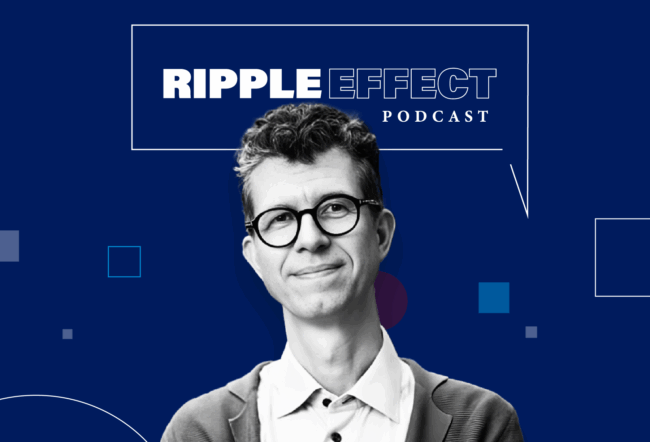President Obama recently came out strongly in favor of net neutrality, sometimes referred to as an open Internet. It is an idea that would, notably, prevent Internet service providers (ISPs) from giving preferential high-speed lanes —fast-tracking for those willing to pay the extra toll costs —to some companies or groups over others. His support is likely to strongly influence a looming FCC decision on the matter.
Is it the right call?
Reed Hundt, a former chairman of the Federal Communications Commission (FCC) from 1993 until 1997 under President Clinton, thinks it is. Hundt, who also was on Obama’s transition team, advising him on telecommunications, called the President’s statement “a game-changer moment,”because if Obama’s view is adopted by the FCC, it would offer the market needed certainty. (A video interview with Hundt on this topic can be viewed above.)
At present, Hundt said, Obama’s statement does not have “tremendous economic significance for any of the content companies or any of the Internet service providers.” That is because at the moment these firms are not “basing their business plans on [Internet access] discrimination. But you just want to be careful to make sure … that if somebody gets an unchallenged monopoly position in Internet service, or builds a tremendous vertical integration business — where content and conduit are combined — that you could step in and protect the little guy against the powerful.”
“You want to … make sure you … protect the little guy against the powerful.”
If Obama’s view prevails, it would mean ISPs could not slow speeds for specific groups or as a way to somehow make their own services more attractive. The President came out in favor of “the strongest possible rules”to preserve net neutrality, which in effect means treating the Internet as a public utility.
“There are two things about the President’s statement” worth noting, Hundt says. The first is that he made the statement on YouTube. “This is a case where the medium is the message. He was basically saying: ‘You see me on YouTube here —everybody in America ought to have the capability to get access to this content, or any other content that they want, without having to ask the permission of the Internet service provider.’”
Hundt continued: “[Obama] was basically saying there shouldn’t be any discrimination imposed on your personal preferences [because] you are limited to just one or two companies that are giving you Internet service or Internet access.”
He went on to paraphrase Obama further: “The other thing he said, not in these words, was, ‘FCC, you’ve had a lot of trouble getting the courts to accept your rules and you’ve kludged together lots of different compromises. Just say the following: There is one single common means of communication for the United States and the world and it is called the Internet. It doesn’t need a lot of rules. But, from time to time, we may need the FCC to establish [that] …everybody will have access to this medium. And two, when you have access, you get to go to the websites you want to….’”
Legally, this is a call to reclassifying ISPs as common carriers under Title II of the Communications Act of 1934, Hundt said. That means the Internet would be treated just like a telephone line, with everyone having equal access (like public utilities). Advocates of Title II classification say proposed alternatives would not provide enough protection. “But his message was not meant to be bogged down in the legal niceties. He was saying: ‘Just do it. Just declare it Title II.’”
As the FCC decides the matter, it faces an existential decision about itself, Hundt added. “If you are an agency and you … don’t have the legal authority to pass rules, then you’re out of business.”



